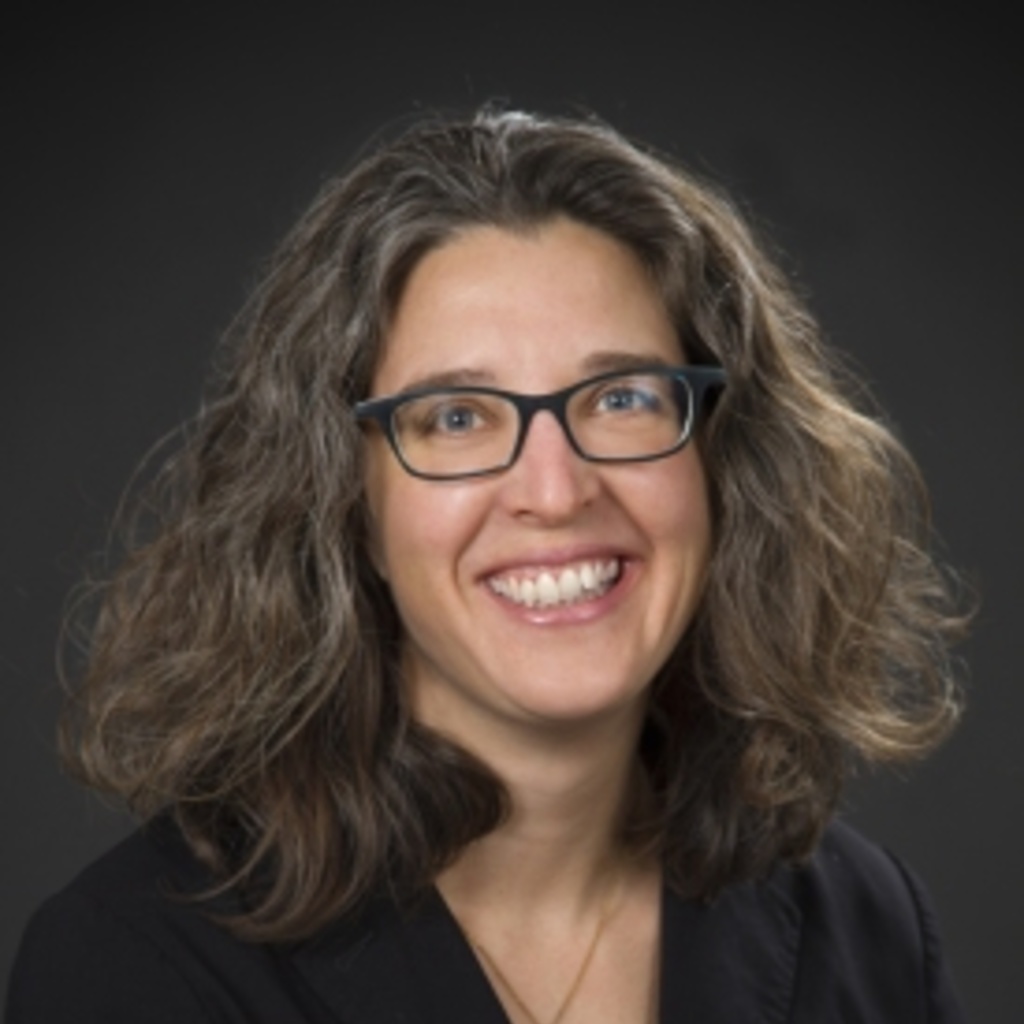Main navigation
Why study radiochemistry?
While the worldwide use and development of radiochemicals continues to increase, the number of qualified chemists with a background to handle these materials is severely limited. Several examples highlighting the shortage of radiochemists are given below:
- Over 35% of the nuclear workforce is entering retirement age with few skilled workers to replace them.1
- The number of workers in the National Nuclear Safety Agency over the age of 40 is between 70 and 80%.2
- A 2010 report on the status of nuclear forensics in the United States finds that “personnel skilled in nuclear forensics are too few and are spread too thinly.”3
- There are approximately 350 commercial nuclear pharmacies in the United States which need a steady supply of over 200 bachelors, masters, and Ph.D. nuclear pharmacists/radiochemists per year.4
- In a 2005 survey on the state of nuclear medicine, 86% of the respondents stated that very few qualified candidates were available to fill positions.4
Bachelor of Arts in Chemistry with Radiochemistry Focus
Undergraduate students at the University of Iowa can also gain fundamental knowledge of radiochemistry and practical hands-on expertise to work safely with radioactive materials through the BA in chemistry with radiochemistry focus. New courses are currently under development to provide students with a broad foundation in chemistry and specific training radiochemistry.
| CHEM 1110 Principles of Chemistry I | CHEM 3110 Analytical Chemistry I |
| CHEM 1120 Principles of Chemistry II | Synthesis and Measurement Laboratory (new course) |
| CHEM 2021 Basic Measurements | CHEM 4760 Introduction to Radiochemistry |
| CHEM 2210 Organic Chemistry I | Advanced Radiochemistry Laboratory (new course) |
| CHEM 2220 Organic Chemistry II | MATH 1850 Calculus I |
| CHEM 2410 Organic Chemistry Lab | PSQF:1020 Statistics I |
| CHEM 3250 Inorganic Chemistry | PHYS 1511 Physics I |
| Principles of Physical Chemistry (new course) | PHYS 1512 Physics II |
References
- American Physics Society Panel on Public Affairs Committee on Energy and the Environment Report. “Readiness of the U.S. Nuclear Workforce for 21st Century Challenges.” (2008)
- Office of the Under Secretary of Defense. “Report of Defense Science Board Task Force on Nuclear Deterrence Skills.” (2008)
- National Research Council Committee on Nuclear Forensics. “Nuclear Forensics: A Capability at Risk.” (2010). National Academies Press, Washington, D.C.
- National Research Council and Institute of Medicine Committee on the State of Science of Nuclear Medicine. “Advancing Nuclear Medicine Through Innovation.” (2007) National Academies Press, Washington D.C.
